Safest dog breed to keep with poultry? Golden Retriever?
acer
14 years ago
Featured Answer
Comments (14)
eyecndiggit
14 years agoluke_oh
14 years agoRelated Professionals
Berkeley Heights Landscape Contractors · Brockton Landscape Contractors · Fort Mill Landscape Contractors · Hilton Head Island Landscape Contractors · River Ridge Landscape Contractors · Southbury Landscape Contractors · Vacaville Landscape Contractors · Crofton Fence Contractors · Monrovia Fence Contractors · Spring Fence Contractors · Wauconda Fence Contractors · Boulder City Fence Contractors · Coronado Decks, Patios & Outdoor Enclosures · Rancho Palos Verdes Decks, Patios & Outdoor Enclosures · West Hills Decks, Patios & Outdoor Enclosuresbrendan_of_bonsai
14 years agocpp6318
14 years agodocsarvis
14 years agojohanna_h
14 years agogandle
14 years agobrendan_of_bonsai
14 years agosylviatexas1
14 years agobrendan_of_bonsai
14 years agoNaomi Miller
14 years agogcmastiffs
14 years agofarmermom
14 years ago
Related Stories
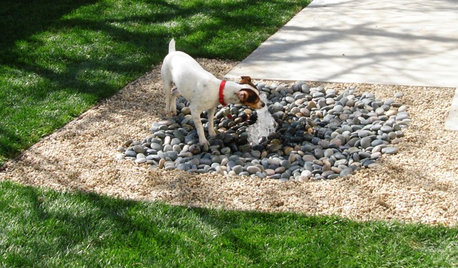
MOST POPULAR8 Backyard Ideas to Delight Your Dog
Cue the joyous soundtrack. These pet-friendly landscape and garden ideas will keep your pooch safe, happy and well exercised outdoors
Full Story
PETS6 Ways to Help Your Dog and Landscape Play Nicely Together
Keep your prized plantings intact and your dog happy too, with this wisdom from an expert gardener and dog guardian
Full Story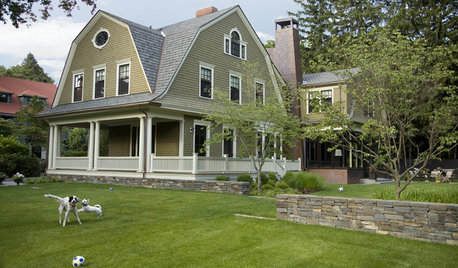
PETSSo You're Thinking About Getting a Dog
Prepare yourself for the realities of training, cost and the impact that lovable pooch might have on your house
Full Story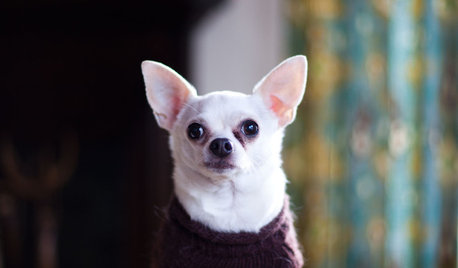
PETSHouzz Call: Send in the Dogs
Have the greatest dog in the world? Share your best design photo featuring the dog you live or work with
Full Story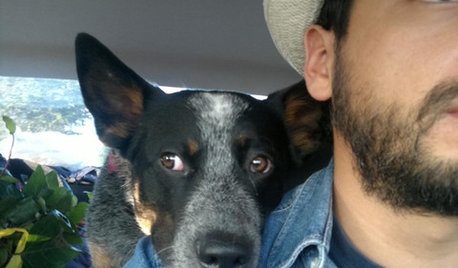
PETS50 Dog Photos Worth a Wag
Design hounds: Share in the pet love with Houzzers' snapshots of their beloved dogs at home, in the workshop and at play
Full Story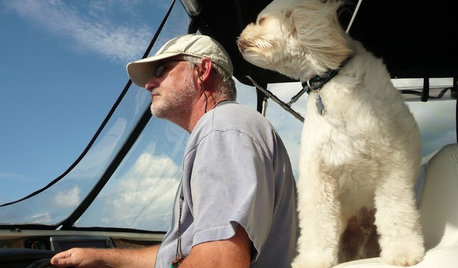
PETSHouzz Call: Show Us Your Summer-Loving Dog!
Share a photo of your pooch kicking back in the backyard, helping you in the workshop or enjoying your favorite summer getaway
Full Story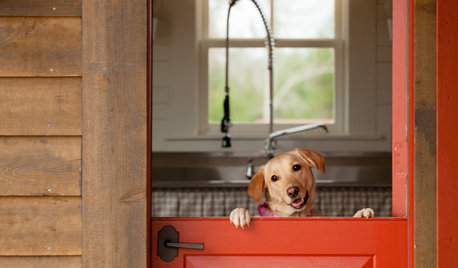
LIFEThe Polite House: On Dogs at House Parties and Working With Relatives
Emily Post’s great-great-granddaughter gives advice on having dogs at parties and handling a family member’s offer to help with projects
Full Story
PETSGood Dog! Cute Pooches at Home
The dogs of Houzz take you on a tour of their homes and show you where they lounge, eat, play, bathe and nap
Full Story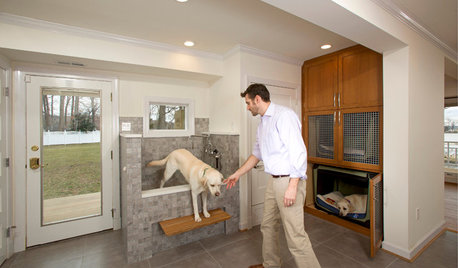
LAUNDRY ROOMSA Laundry Room With Bunk Beds and a Shower for Muddy Dogs
Custom cabinets with dog beds and a new step-up dog shower turn a laundry room into a hardworking hot spot
Full Story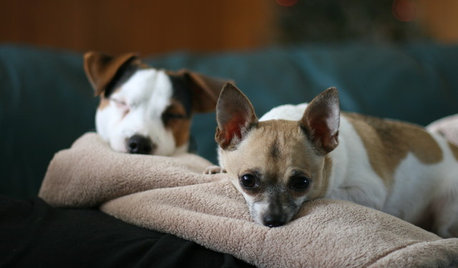
PETSHouzz Pets Survey: Who Rules the House — Dogs or Cats?
New data shows that pets make people happy, and pet owners love spending big to return the favor
Full Story





farmgardener